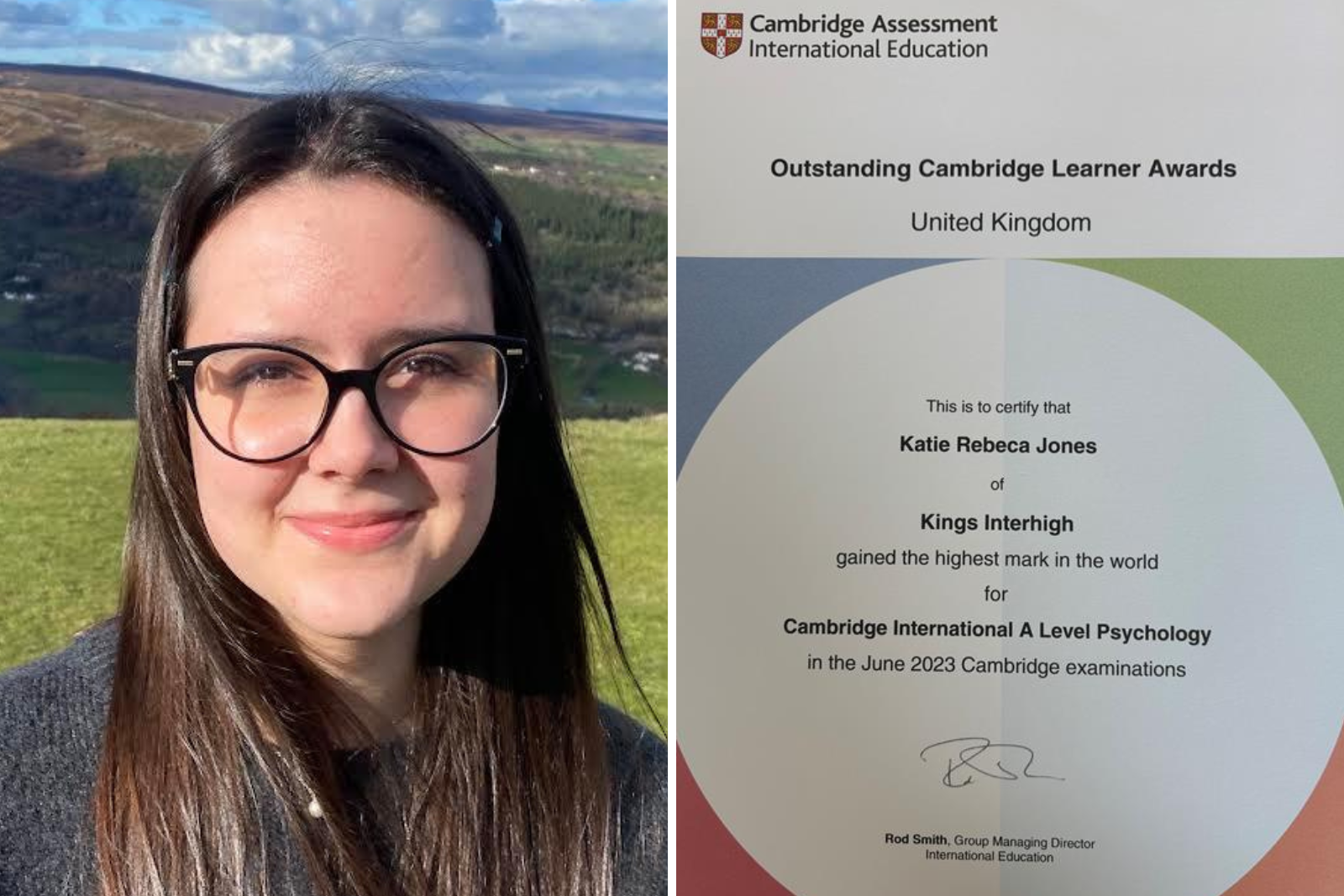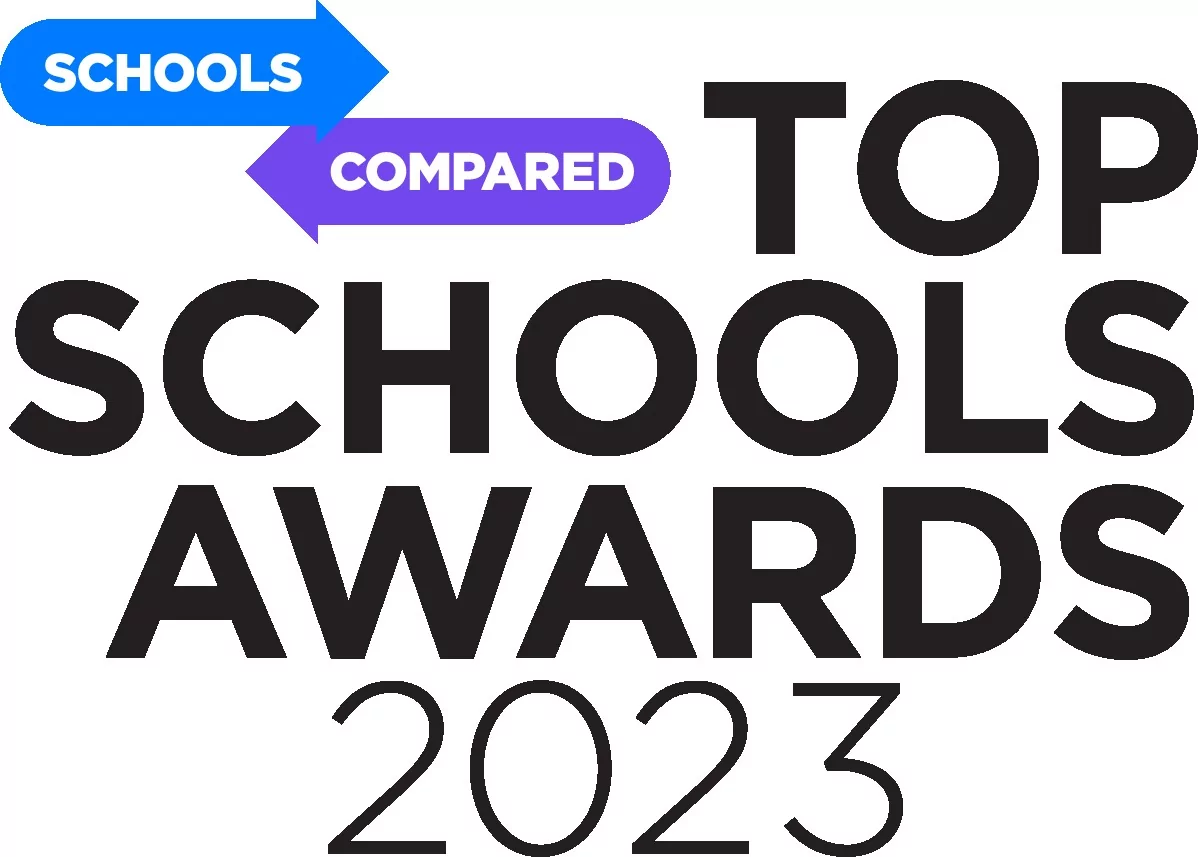
August 25, 2022
What’s the difference between IGCSEs and GCSEs?
Short for ‘General Certificates of Secondary Education’, British GCSEs are the standard qualification for students across England, Wales, and Northern Ireland. At King’s InterHigh, we teach International GCSEs, also known as IGCSEs.
Over the years, IGCSEs have become one of the most popular qualifications for students around the world — but how do they differ from GCSEs?
As the name suggests, IGCSEs are the international version of GCSEs. Developed almost 30 years ago, IGCSEs were created as a way to study the renowned British curriculum anywhere in the world (or online, like at King’s InterHigh).
For the most part, International GCSEs are very similar to British GCSEs, but there are a few key differences.
Similarities between IGCSEs and GCSEs
International recognition
First and foremost, IGCSEs and GCSEs are both highly regarded and well recognised in the UK and numerous countries around the world. And, when it comes to university admissions, IGCSEs are considered equivalent to GCSEs.
When surveyed, all Russell Group universities that use GCSEs as part of their selection process (including the University of Oxford) confirmed that they make no distinction between the two qualifications.
Like GCSEs, IGCSEs are also recognised by all the Ivy League colleges in the US and top institutions across Canada, Australia, Europe, and beyond. No matter where students want to go to university, they won’t need to worry about which of these two qualifications they study.
Age and course length
While there are no minimum or maximum age requirements for taking GCSEs or IGCSEs, the vast majority of learners begin studying them at the age of 14. Both qualifications are designed to be studied over the course of two years, ending at age 16. In UK secondary schools, this means that GCSEs start in Year 10 and end in Year 11.
Academic rigor and skills
Are IGCSEs harder than GCSEs? While this topic has been debated, most experts agree that both qualifications carry the same level of difficulty.
That said, IGCSEs and GCSEs are both fairly rigorous in comparison to many international qualifications. For example, IGCSEs and GCSEs are considered equivalent to a United States high school diploma according to UCAS — even though IGCSEs are completed at age 16, two years before students would ordinarily finish the US high school diploma.
GCSEs and IGCSEs are also both designed to impart skills that will help students in university, careers, and beyond. Learners are encouraged to think independently, develop their analytical skills, improve their writing abilities, and more over the course of their studies.
Subjects
Unlike high school diplomas in many countries, which are issued as a single certificate, GCSEs and IGCSEs are individual qualifications — each one tied to a subject. While the exact subject ranges across International and domestic GCSEs aren’t identical, the vast majority of subjects are available for both qualifications.
At King’s InterHigh, students study five core IGCSEs:
- English Language
- English Literature
- Mathematics
- A natural science (Biology, Chemistry, or Physics)
- A humanities subject (Geography or History)
Our students are then free to choose more humanities or science subjects as well as additional IGCSEs from our full range:
- French
- Spanish
- German
- Arabic
- Computer Science
- Further Mathematics
- Religious Studies
- Business
We also offer two GCSE options:
- Film Studies
- Psychology
Progression
Both IGCSEs and GCSEs set a great foundation for qualifications such as British A Levels or the International Baccalaureate® Diploma Programme (IBDP). After studying one of these pathways, students will be able to apply to universities all around the world. Many university admissions officers take GCSEs into account when selecting students, so good IGCSE grades will stand learners in great stead.
For students who are interested in less academic pathways, GCSEs and IGCSEs also set students up for apprenticeships, vocational training, and careers. From maths and English skills to independence and communication skills, employers and training schools around the world appreciate the abilities students develop as part of their IGCSE studies.

Differences between IGCSEs and GCSEs
Location
For the most part, students can only take GCSEs in physical, bricks-and-mortar schools in the United Kingdom. A small number of schools in Commonwealth countries such as Canada, Australia, and India may also offer British GCSEs.
IGCSEs, on the other hand, are available at international schools over 160 countries across the globe — and you can study them online. At King’s InterHigh, students can work towards their IGCSEs anywhere in the world as long as they have access to a computer with an internet connection.
Course content
While GCSEs and IGCSEs are largely available in the same subjects, content sometimes differs between the two. Since GCSEs are primarily designed for British students, many GCSE subjects focus on UK history, culture, media, and so on. International GCSEs, on the other hand, often take a more global stance.
In GCSE English Literature from the exam board Edexcel, for example, students read one text by the English playwright Shakespeare, one modern British play or novel, and one British novel from the 19th-century.
Edexcel’s IGCSE English Literature, on the other hand, also includes text options from outside the UK. Instead of Shakespeare, students may read The Scarlet Letter by American author Nathanial Hawthorne. Meanwhile, choices for the modern text component include Amy Tan’s The Joy Luck Club (a book about Chinese American families in San Francisco) and Witi Ihimaera’s The Whale Rider (a book about a Māori tribe in New Zealand).
Examinations
For the most part, both IGCSEs and GCSEs are assessed through examinations. However, there are a few differences between the two.
In the UK, students typically take their GCSE exams from May to June each year. In many subjects, resit examinations are also available the following November. In contrast, there are three sessions available for IGCSE exams each year: May to June, November, or January.
All IGCSEs at King’s InterHigh are assessed purely through external examinations. Students can usually take these exams in the country where they live. These days, most GCSEs are also 100% examination-based, but there are still some subjects that use coursework assignments to determine part of a student’s final grade. As an example, King’s InterHigh who are able to sit examinations in the UK can study GCSE Film Studies. On this course, students will produce a screenplay or a short film, which counts for 30% of the final grade.
Exam boards
On the subject of examinations, there are different exam boards for each qualification.
At King’s InterHigh, the majority of our IGCSEs are taken under Edexcel. Our IGCSE Arabic and IGCSE Computer Science courses are from Cambridge International Examinations (CIE). Some international schools also offer IGCSEs from Oxford AQA.
Both Edexcel and AQA’s main branch also offer British GCSEs, but there are two more exam boards to choose from: WJEC and OCR.
All the aforementioned IGCSE and GCSE exam boards are fully accredited and equally regarded, so they have no impact on a student’s future progression. The only difference between them is that each exam board has a different scheme of topics and content for each subject.
Grades
Finally, IGCSEs and GCSEs sometimes differ in the way they’re graded. Since 2017, GCSEs are assessed on a 9-point scale. 9 is the highest grade possible, while 1 is the lowest grade.
Edexcel IGCSEs are also graded on the same 9 to 1 scale. However, CIE IGCSEs are graded differently depending on region. In most countries, CIE IGCSEs range from A* to G. In ‘Administrative Zone 3’, schools also have the option of the 9 to 1 grading system for some subjects. Most countries in a time zone similar to GMT (British time), including the UK, are part of Administrative Zone 3.

IGCSEs or GCSEs: Which should you choose?
In the end, which qualification you study will typically come down to where you live or what you’re looking for from your school experience.
If you want to study at a physical school in the UK, you’ll likely take British GCSEs.
If you want to study abroad or at an online school, you’ll likely take International GCSEs instead. Even if you live in the UK, IGCSEs at online school offer a uniquely engaging and flexible way of learning that simply wouldn’t be possible in a traditional school.
Study online with King’s InterHigh
Studying your IGCSEs online at King’s InterHigh is a great way to get an outstanding, flexible education anywhere in the world. Each school day, our expert teachers deliver live, interactive lessons in virtual classrooms. With digital tools and immersive technologies like VR weaved into the curriculum, our classes are an engaging and effective way to learn IGCSE content.
All our lessons are also recorded for viewing at any time, 24/7. This gives our students the freedom to pursue their interests outside of school. From acting to athletics to entrepreneurship, numerous King’s InterHigh students get to balance their passions with their education.





















